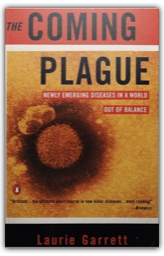
Where's your next disease coming from? From anywhere in the world—from overflowing sewage in Cairo, from a war zone in Rwanda, from an energy-efficient office building in California, from a pig farm in China or North Carolina. "Preparedness demands understanding" writes Pulitzer-winning journalist Laurie Garrett, and in this precursor to Betrayal of Trust: The Collapse of Global Public Health she shows true understanding of the patterns lying beneath the new diseases in the headlines (AIDS, Lyme) and the old ones resurgent (tuberculosis, cholera). As the human population explodes, ecologies collapse and simplify, and disease organisms move into the gaps. As globalisation continues, diseases can move from one country to another as fast as an aeroplane can fly.While the human race battles itself... the advantage moves to the microbes' court. They are our predators and they will be victorious if we, Homo sapiens, do not learn how to live in a rational global village that affords the microbes few opportunities. Her picture is not entirely bleak: epidemics grow when a disease outbreak is amplified—by contaminated water supplies, by shared needles, by recirculated air, by prostitution—and controlling disease amplifiers is within our power, a matter of money, people and will. —Mary Ellen Curtin 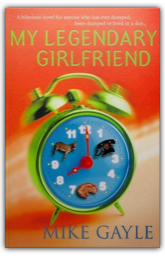
Ever been dumped? No? You're lying. Mike Gayle, previously a contributor to FHM and Just Seventeen magazines has dipped his pen in the inkpot of universal experience and written a comic novel underpinned by rejection and the ripples (or tidal waves) it continues to produce for years afterwards. For exactly three years afterwards in the case of Will Kelly, assigned to the "history" drawer on his 23rd birthday by Aggi, (she of the titular moniker) and who is now undergoing his 26th "celebration" alone in his bedsit in Archway, North London. 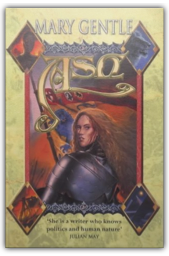
Mary Gentle's Ash kills her first man when she is eight, and at 20 is an experienced captain of mercenaries in the small wars of the late Middle Ages—but not quite the Middle Ages we know from history. The more scholar Piers Ratcliffe works on the evidence, the more knowledge and recorded history and the rules of evidence crumble under him—this world of Visigoths with ceramic robots and of the religion of the Green Christ is nothing he knows of. Ash hears voices, but not like those of Joan of Arc—voices that give her very specific advice about the winning of battles. Married against her will to a man who despises her, but whom she lusts after; finding that the Visigoth general is her twin; coping with the day-to-day problems of battle and siege and mayhem, Mary Gentle's Ash is a magnificent creation. This long, passionate novel, blending historical fantasy with thoughtful speculative fiction, is as smart about the minutiae of medieval war-making and manners as it is about the wilder reaches of contemporary cosmology. —Roz Kaveney 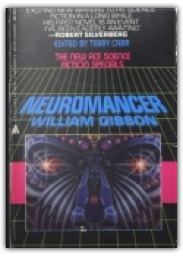
Case was the best interface cowboy who ever ran in Earth's computer matrix. Then he double- crossed the wrong people.… Winner of the Hugo, Nebula and Philip K. Dick Awards. 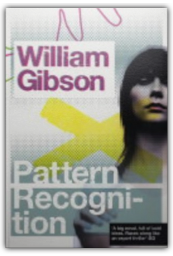
In Pattern Recognition, William Gibson changes focus from the not-too-distant future of his slick, influential SF novels to a netwise vision of strangeness just hours or minutes from the present. |
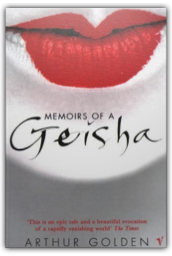
According to Arthur Golden's absorbing first novel, the word "geisha" does not mean "prostitute," as Westerners ignorantly assume—it means "artisan" or "artist." To capture the geisha experience in the art of fiction, Golden trained as long and hard as any geisha who must master the arts of music, dance, clever conversation, crafty battle with rival beauties and cunning seduction of wealthy patrons. After earning degrees in Japanese art and history from Harvard and Columbia—and an M.A. in English—he met a man in Tokyo who was the illegitimate offspring of a renowned businessman and a geisha. This meeting inspired Golden to spend 10 years researching every detail of geisha culture, chiefly relying on the geisha Mineko Iwasaki, who spent years charming the very rich and famous. 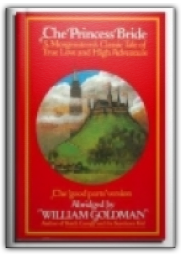
First published well, in 1973 actually, this book spawned the Rob Reiner-directed cult film of the same name. It's a tongue-in-cheek fairytale of love, life, action, death and life again. Featuring the obligatory handsome Prince and supremely beautiful princess, it also boasts a Spanish sword wizard, the Zoo of Death, a chocolate-coated resurrection pill and lots of villains, who span the spectrum from evil, through even more evil to (gasp) most evil. And then there's Fezzik, the gentle giant addicted to rhyming. 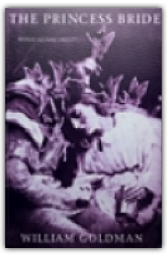
First published well, in 1973 actually, this book spawned the Rob Reiner-directed cult film of the same name. It's a tongue-in-cheek fairytale of love, life, action, death and life again. Featuring the obligatory handsome Prince and supremely beautiful princess, it also boasts a Spanish sword wizard, the Zoo of Death, a chocolate-coated resurrection pill and lots of villains, who span the spectrum from evil, through even more evil to (gasp) most evil. And then there's Fezzik, the gentle giant addicted to rhyming. 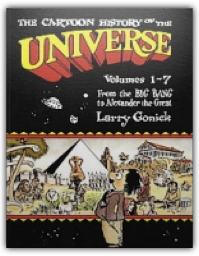
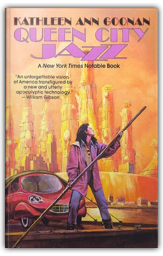
Kathleen Ann Goonan's first novel is an impressive sci-fi debut, combining the themes of post-holocaust America and rampant nanotechnology. This imagined technology of molecule-sized machines and computers has excited many science fiction writers with its possibilities for total control of matter, atom by atom—including human flesh and DNA. In Goonan's future America, cities brought to life with nanotechnology or "nan" have mutated in strange, threatening ways. Rural areas, meanwhile, were devastated by nan-based plagues. Our heroine Verity, raised by a rustic Shaker community that rejects most technology, feels a mysterious compulsion towards learning machines and the closest transformed city. This is Cincinnati, whose skyscrapers have blossomed into exotic nan flowers between which huge artificial bees carry pollinating information. Verity's adventures there are complex, flickering between real-life action, virtual reality and chemically induced all-senses hallucinations. Eventually—the old, old sci-fi story—Verity realises that she herself was created to redeem the malfunctioning city. Its inhabitants are trapped in pleasant but futile cycles of dreams and play-acting (living the roles of Hemingway, Gertrude Stein and others): Verity must somehow free them. Well written and colourfully imagined, the story requires close attention to thread its maze of realities and unrealities. —David Langford 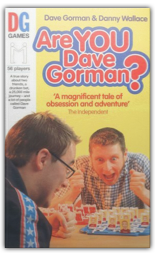
The award-winning Are You Dave Gorman? is the oddly touching story of how Perrier Award nominee Dave Gorman went in search of all the world's other Dave Gormans. 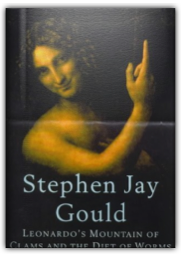
Stephen Jay Gould needs no introduction as he is probably the best-known popularizer of the biological and earth sciences who is also a practising scientist. Likewise his ongoing series of "Essays in Natural History" should need little or no introduction. He writes a regular monthly essay for the popular science magazine Natural History (now totalling over 270), which is the house journal of the American Museum of Natural History. This is now the eighth volume of his selections from this magazine to be published in book format. In these essays he deals with topics ranging from the history of palaeontology, palaeolithic art and depiction of the giant deer's hump, to Martian canals and various biological "bit" players, such as carnivorous sponges. |

Mike Scott
Collection Total:
4227 Items
4227 Items
Last Updated:
Feb 21, 2010
Feb 21, 2010
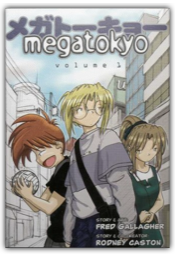

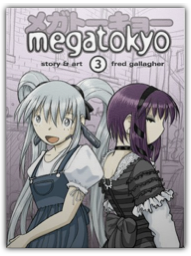
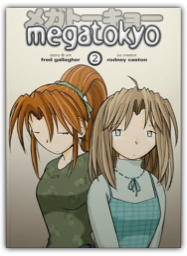
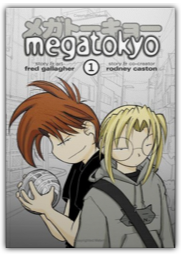
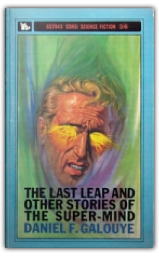
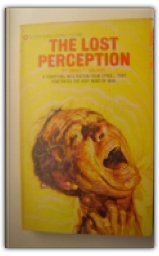
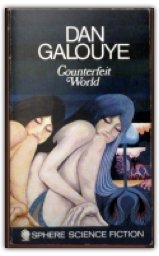
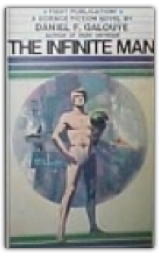
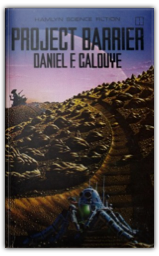
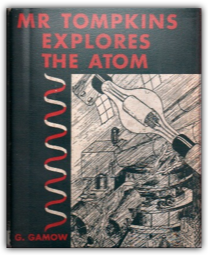
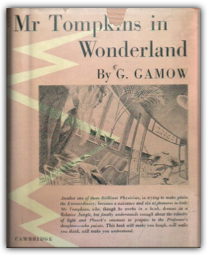
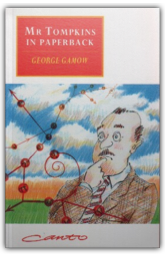

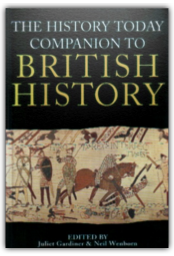
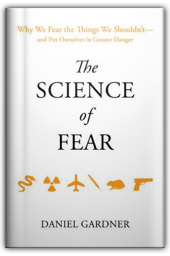
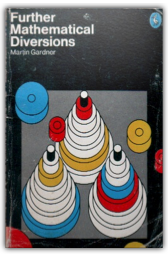
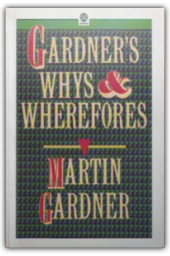
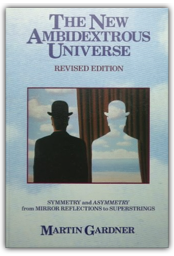
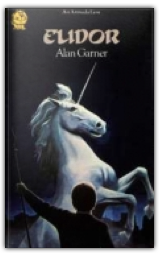
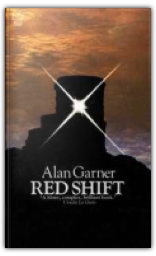

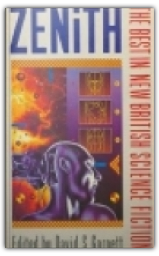
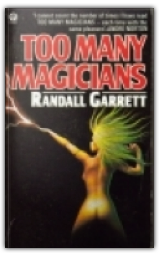
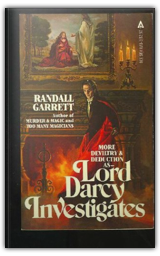
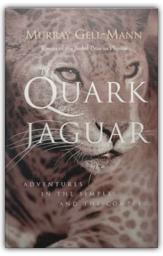
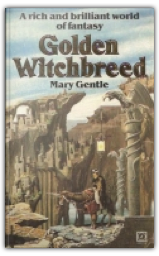

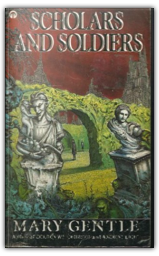
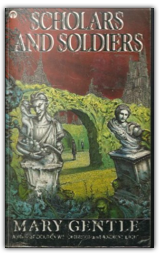
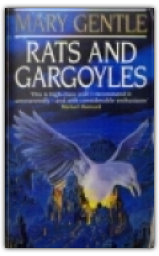
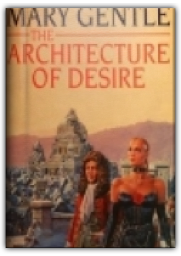
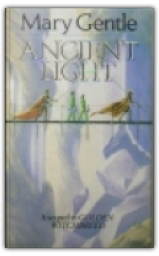
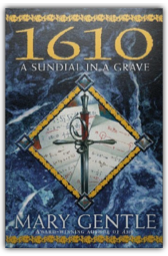
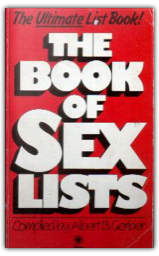
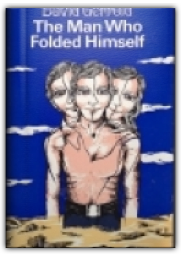

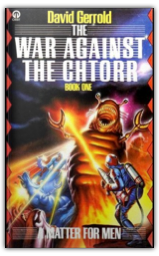
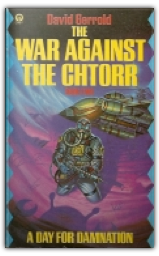
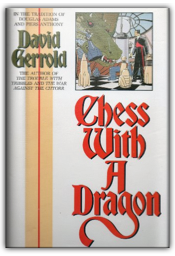

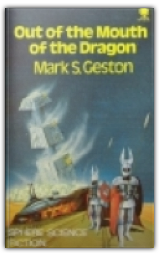
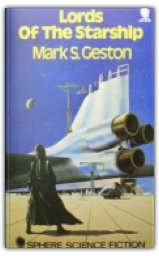
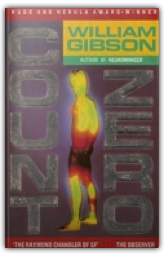
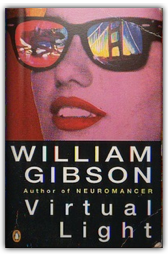
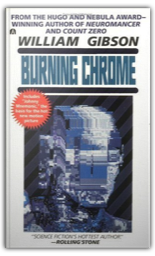
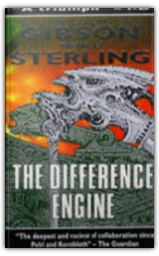
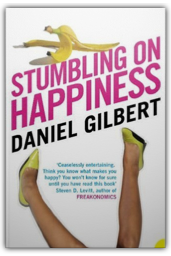
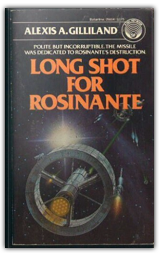
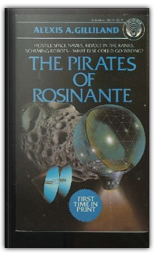
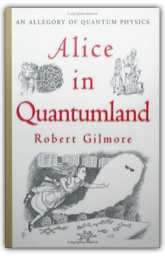
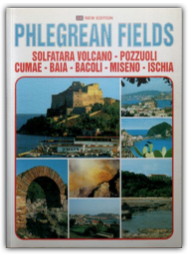
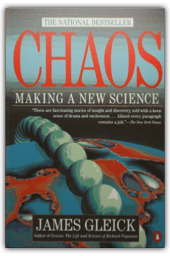
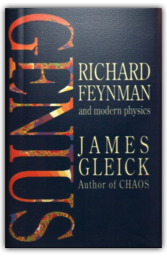
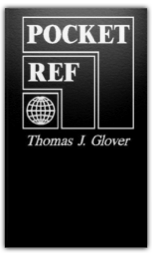
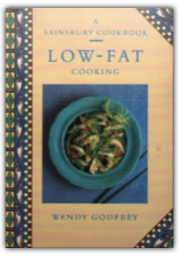
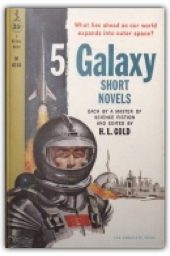
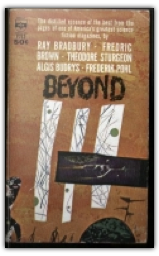
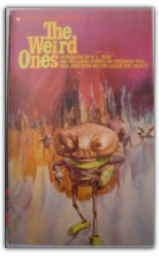
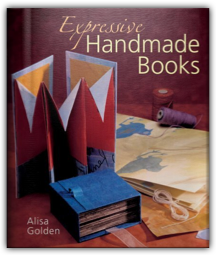
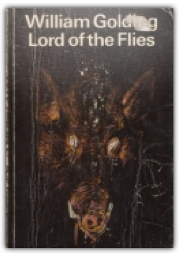
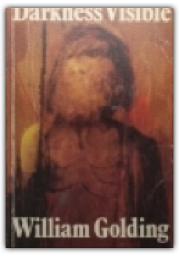
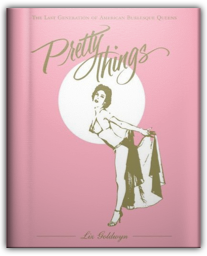
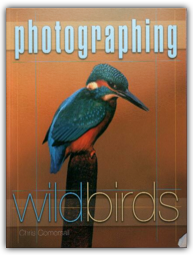
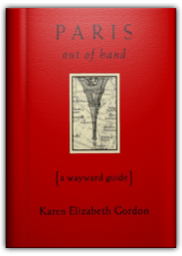
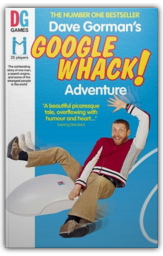

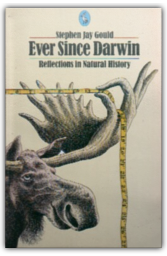
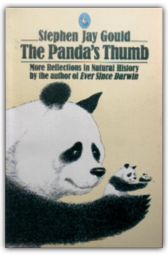
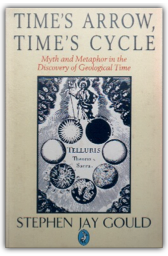
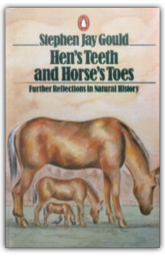
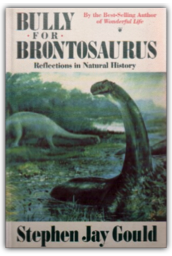
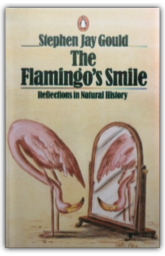
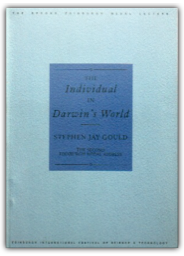
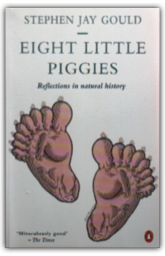
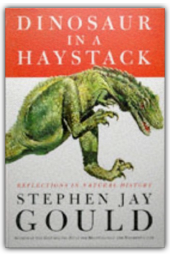
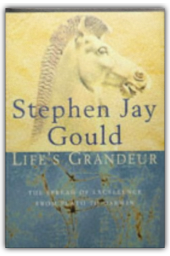
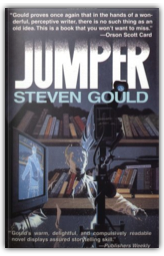
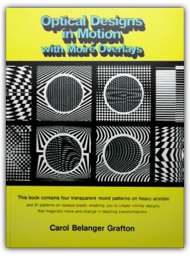
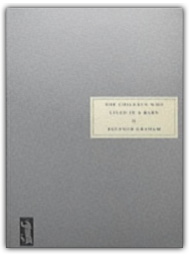
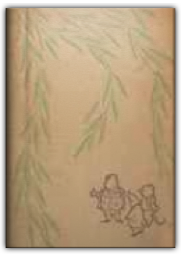
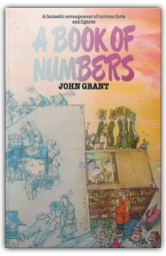





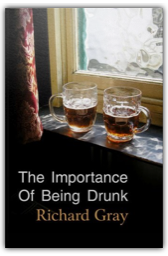
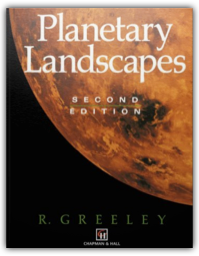
 Made with Delicious Library
Made with Delicious Library